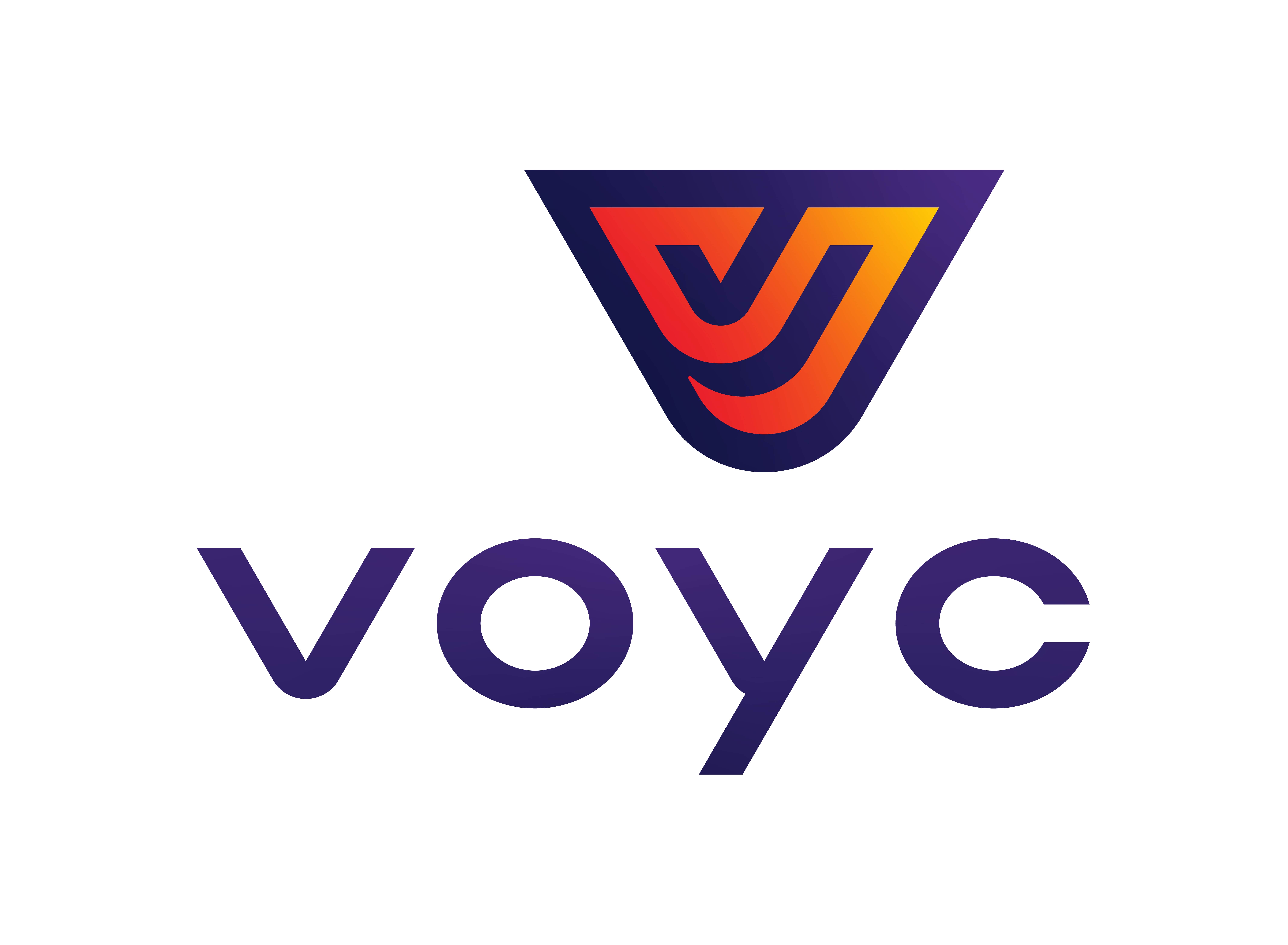There’s a new voice on the insurance block – Voyc, a voice analytics and call data monitoring software provider. After nearly two years as a successful startup, the team pivoted to focus on insurance and financial services – one year ago today. We chatted to Voyc from their new office in Amsterdam to find out how they’re shaking things up in one of the thorniest aspects of the industry – the call centre – by getting policyholders heard.

“We’re helping insurers evaluate 100% of their calls with up to 80% less Quality Assurance assessors, leaving the QA teams to free up their time more for things like coaching agents,” says one of Voyc’s founders Matthew Westaway, in charge of sales and marketing for the young company. “Primary use cases include our software automatically assessing 100% of calls against a script to identify potential risks, identifying reasons for non- sales and picking up sales calls that have a higher risk of not collecting and customer experience monitoring to be proactive against potential complaints and retain customers.”
“We give call centre managers super powers”
Voyc, consisting of just ten people in two countries, is run by Westaway and his co-founder Lethabo Motsoaledi, two engineers with a passion for treating customers fairly, which quickly got them noticed by the client-centric world of insurance.
“We tried our best to avoid getting into the insurance world,” jokes Motsoaledi, “because it’s such a complex, involved ecosystem with so many solutions – we thought that surely insurance, which relies so heavily on its call centres, would have some way to monitor all its calls already. But the more and more we talked about how Voyc identifies that one needle in the haystack complaint call, the more we realised that this was the perfect solution for insurers. We give call centre managers super powers.”
“We’ve been catering to the insurance sector since December 2019. In fact, it’s been one year now to the day,” says Westaway. “For a quality assurance assessor to evaluate a call on Voyc is five times faster – and that’s after Voyc has pinpointed the exact call with an issue. More than 2200 hours of PhD-level research has gone into our dynamic script which we use to grade the calls. We are now monitoring the calls of 176 agents at various insurers, including 1Life, Momentum, Bryte and MiWayLife. We also monitor all the travel insurance calls for Standard Bank, Investec, Nedbank and Absa banks. Our number of interactions is growing at 42% month on month. We’ve doubled our team size from 5 to 10 and revenues have grown 300% this year.”
Difficult to believe that a sub-par cereal box and a hundred dollars were all it took to get such a game-changing software going.
“We met in our final year of university, in the engineering lab on campus” recalls Motsoaledi. “Matt was actually my tutor – he has a Masters in Engineering and I have my BSc in Engineering. We are both serial complainers and he was telling me about how he found a screw in the cereal box that he’d bought from Checkers!”
Westaway, not one to wait in an interminable line at Customer Services, emailed one Whitey Basson directly expecting profuse apologies and a crate of cereal
boxes in return. Instead, he was sent a single cereal box to replace his ‘screwy’ one. Then and there, the two engineers decided to develop something that changed the customer services game forever.
That something turned out to be Voyc – a voice analytics – driven call centre monitoring software solution that allows insurers to listen to 100% of all their calls, which are flagged ahead of time by Voyc for which ones could be potential complaints, sales leads, issues for the ombudsman and more.
“The primary gap in the market we’ve seen is that insurers need a software solution that’s easy to use. Most solutions sold to the insurance industry seem to be intentionally complex, so that huge sums need to be paid for training and onboarding of staff, as well as for frequent service requests. We don’t have that, and also Voyc is easy to buy in the first place, the IT decision really easy for an insurer’s IT dept to make, because we’re compliant, we’re secure and obsessed with data privacy and it’s really easy to set up and use.”
According to Motsoaledi, the team were keen to steer clear of the age-old engineers’ problem of ‘engineering solutions there isn’t a market for.’ So, to create the best scripts for the often-complex call centre processes of life insurers, Voyc designed everything with the collaboration and input of its first insurance customer, 1Life. “We learned everything from co-creating with the customer,” says Motsoaledi. “Voyc as it is today didn’t exist then, it was built from the ground up with insurers, for insurers.
It was a steep learning curve for two people whose background is building algorithms, not relations with policyholders. “The first thing that really surprised me was the length of the scripts we were analysing,” says Westaway. “Some of them are ten pages long! I know now that at the end of the day the script is the conduit to fairness, so I see why it’s important, but it took me by surprise. I remember thinking ‘how dry all their mouths must be!’ We were thinking of even doing Voyc lozenges for the agents,” he jokes.
“I couldn’t believe how siloed the industry is – except silos actually work!” adds Motsoaledi. “We learned that the underwriting teams and the scripting teams, that write what call centre agents have to say, seem to be completely different groups of entities that don’t talk to each other. And the call centre managers and their agents have another way of doing things entirely. And we’ve introduced some conflict, I would say, to that system – the disruptive thing we’re doing now is merging the two.”
It is for precisely this reason that Motsoaledi and Westaway don’t feel the difference between insuring and engineering backgrounds to be a disadvantage – far from it.
“The one advantage we had to servicing the insurance industry was that we didn’t come from it,” says Motsoaledi. “Had we known what we would be expected to solve, the sheer size of the problem that we’ve fixed for companies and all that entails, I don’t think we would have undertaken what we have. The analogy Matthew uses is Elon Musk with Space X, because he wasn’t in the rocket-making business, but that was what helped him successfully disrupt it.”


